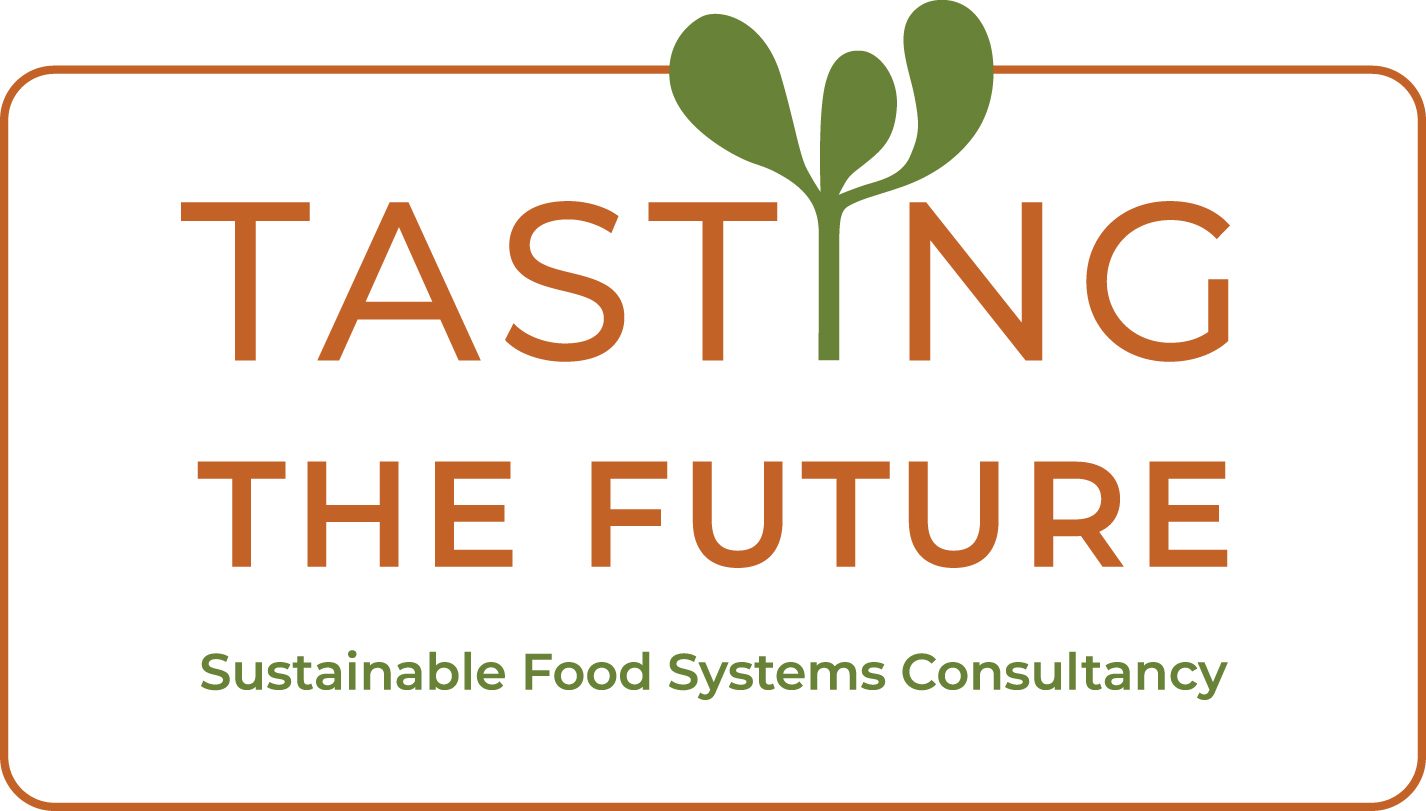Over the last few years there has been a noticeable and welcome upsurge in research, evidence and policy exploring the importance of soil and its links to improving food security and reducing climate change emissions. There is evidence that healthy soils underpin nutritious and healthy foods. That burying our hands in soils or exposing children to ‘dirt’ builds our immune systems. That gardening, growing vegetables or engaging in a variety of forms of community gardening and agriculture, improves our mental well-being and happiness. New focus and effort must be given to reconnecting all of us with soil. Its time to get our hands dirty………
The roots of our physical, mental health, well-being and happiness are intrinsically linked with the soil. Humankind has, since the birth of farming over 10,000 years ago, had an intimate relationship with soil. Throughout history, cultures, civilizations and livelihoods have risen and collapsed, based on the quality of their soils. The collapse of the Maya civilisation over 1000 years ago, for example, is widely attributed to deforestation, soil erosion and infertile soils, the result of growing populations, urbanisations and more intensive agricultural production methods. Any familiarities here?
Despite lessons from our recent history, we have largely ignored the thin layer of precious dirt which covers most of our planet’s land surface. It’s only in recent years that the importance of soil health and the millions of species which live within this fragile layer, and its relationship with food security and climate change are being understood. And yet, soil is much more than this. It is fundamental to human health and well-being.
Soil health is essential for physical health – this may seem obvious if you think about it and yet we have underestimated the link and its importance. Soil contamination, pesticides, the use of artificial fertilizers all impact on soil health, which in turn impact on the quality and quantity of the foods we produce. Despite this, there is still a significant knowledge gap that exists in our understanding of the interactions and complexity between them. In particular, the links between soil health and nutritional quality is still relatively poorly understood. Dr Zach Bush, a renowned US based physician argues that ‘the health of our soil microbiome is the single most potent factor determining how health, or unhealthy we are’. He has undertaken extensive research that highlights a positive correlation between soil health and human health. Researchers have also discovered for example, that fruits produced using soils with higher levels of organic matter generally contain more vitamins, more flavour compounds and more antioxidants.
There is a whole body of emerging science around the role soils play within human immune systems. Sometimes also known as the ‘Hygiene Hypothesis, research has shown that playing in dirt increases children’s immune responses and improves immune responses to diseases such as asthma and eczema. Does the increase in incidence of these conditions reflect today’s modern age, with the majority of today’s children growing in very sterile and protected environments, where access the soil, woods, pastures and other green spaces are limited?
Soil health is key to our mental health and well-being – there is a growing movement of researchers, health professionals and civil society organisations that are promoting the role gardening and community growing initiatives can play in fighting depression and improving mental health. I was struck by a recent Guardian article which highlighted how GPs were referring patients to the garden as a way of helping their patients over-come depression, with some encouraging results. Other research has demonstrated how gardening, working in community gardens/allotments improves mental health and well-being through time spent with ‘hands in the earth.’
From my own personal experience, I too feel happier and healthier as a result of this soil reconnect. I have always had a passion for gardening and vegetable growing. For many years I travelled and worked many a long week, leaving me little time to follow my passions. As someone who worked and talked about food sustainability, I had somehow found myself disconnected from the very stuff I was talking about. Five years ago, I decided I needed to do something about it and decided at the time to take a pay cut and work a four day week, leaving one day where I could re-establish my passion for vegetable growing. I have never looked back since and through my own reconnection with soil, feel that I have reconnected my heart, heart and hands!
There is a real opportunity to focus further funding and research in this area and a need for policy makers, city planners and health professionals to identify opportunities to re-connect communities to the soil, through for example, the establishment of community gardens, allotments and food growing initiatives within schools, hospitals, community centres, prisons and within work-places. It’s about time we all got dirty……………




0 Comments